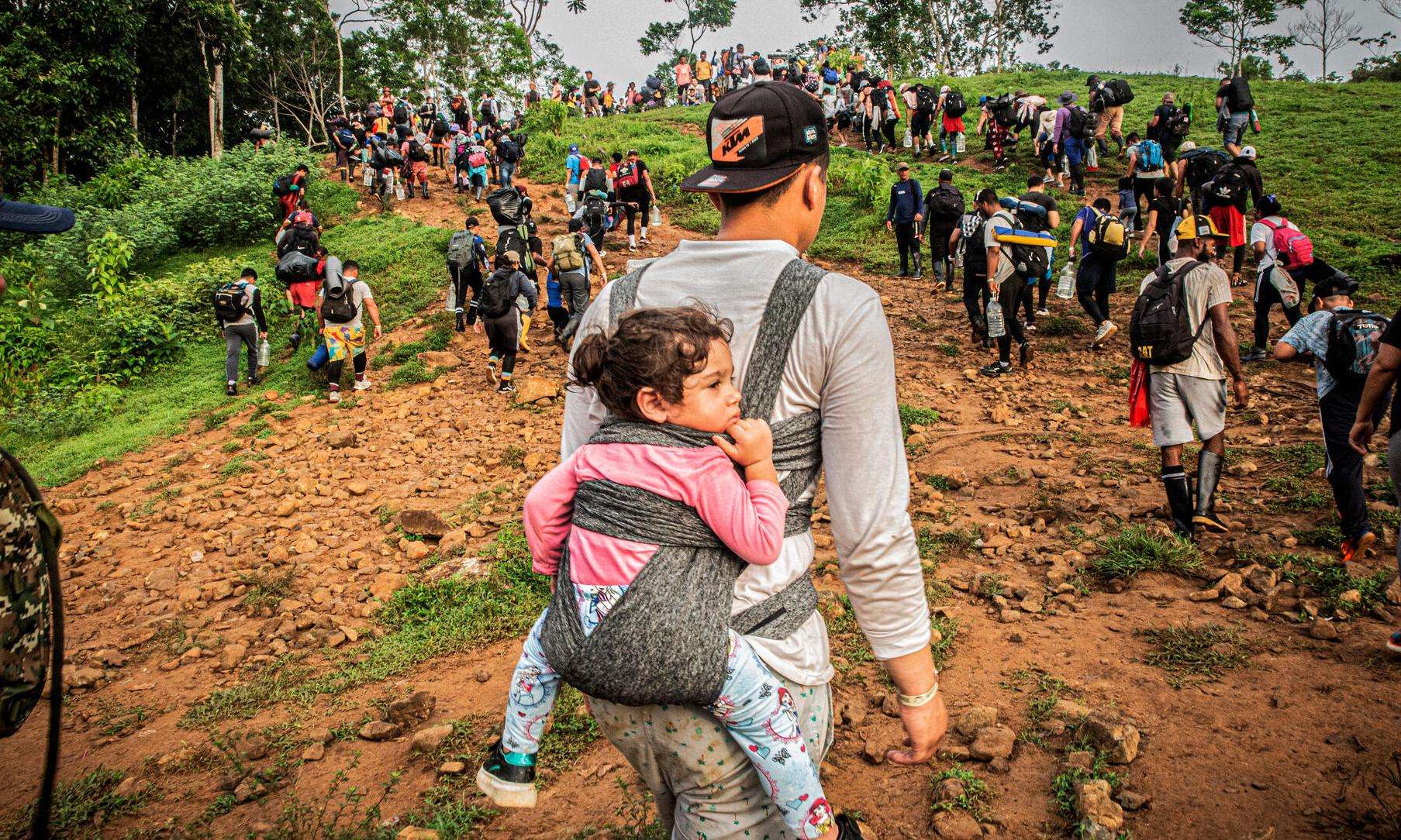Hundreds of thousands of people migrated through the Americas in 2023. In addition to violence, insecurity, and lack of access to education, health care, and other essential services in their countries of origin, migrants face extreme risks as they pass from Colombia to Panama through the treacherous Darién Gap. If they survive the jungle, they must then cross some of the most dangerous countries in Central America only to end up at the arid and hostile border of northern Mexico. One factor is predominant along the route: violence in all forms.
Doctors Without Borders/Médecins Sans Frontières (MSF) provides medical and humanitarian care along the migration route to alleviate people’s difficulties and health risks on the road. Here’s what our teams have witnessed along the journey.
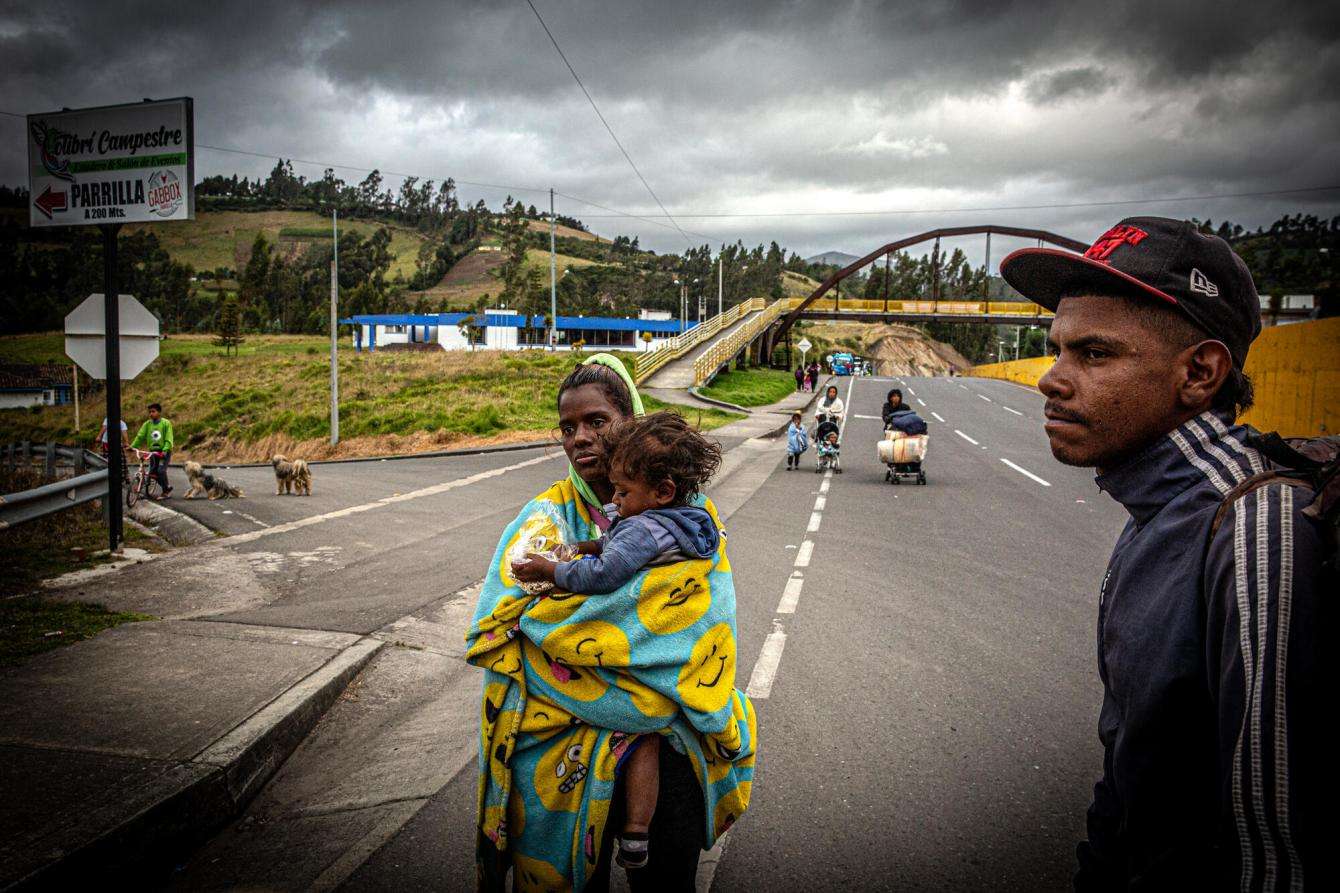
Migrants are increasingly vulnerable
The crisis is worsening because the profile of people on the move has changed in recent years. There is an increasing number of families with pregnant women, children, adolescents, LGBTQI+ individuals, people with chronic diseases, and non-Spanish speakers—all of whom are particularly vulnerable to the harsh conditions that come with migration in this part of the world.
"Abuse against migrants and the negligence of institutions in responding to their needs are a constant throughout the region," said Camilo Velez, MSF deputy mission chief in Mexico and Central America. "Every day, our teams in Panama, Costa Rica, Honduras, Guatemala, and Mexico hear testimonies of threats, robberies, extortion, kidnappings, torture, and sexual violence during the migration journey, even by the authorities, which has a very serious impact on the physical and emotional well-being of migrants.”
Velez says governments have failed to act on their promises to allow for dignified migration for the thousands of people seeking well-being and security outside their countries. "Far from achieving their purpose, measures to deter migration in the region have put people on the move at greater risk, forcing them to seek clandestine means [through] organized crime groups, human traffickers, and the private interests of public officials."
“At our points of care along the migratory route, people tell us how—due to the action or disregard of the authorities—they are confronted with kidnappings, assaults, and sexual violence in the Darién Gap; robberies, extortion, and challenges accessing essential services in Honduras; extortion and sexual abuse in Guatemala; and kidnappings and detention in Mexico," said Renata Viana, MSF's regional advocacy officer in Mexico and Central America.
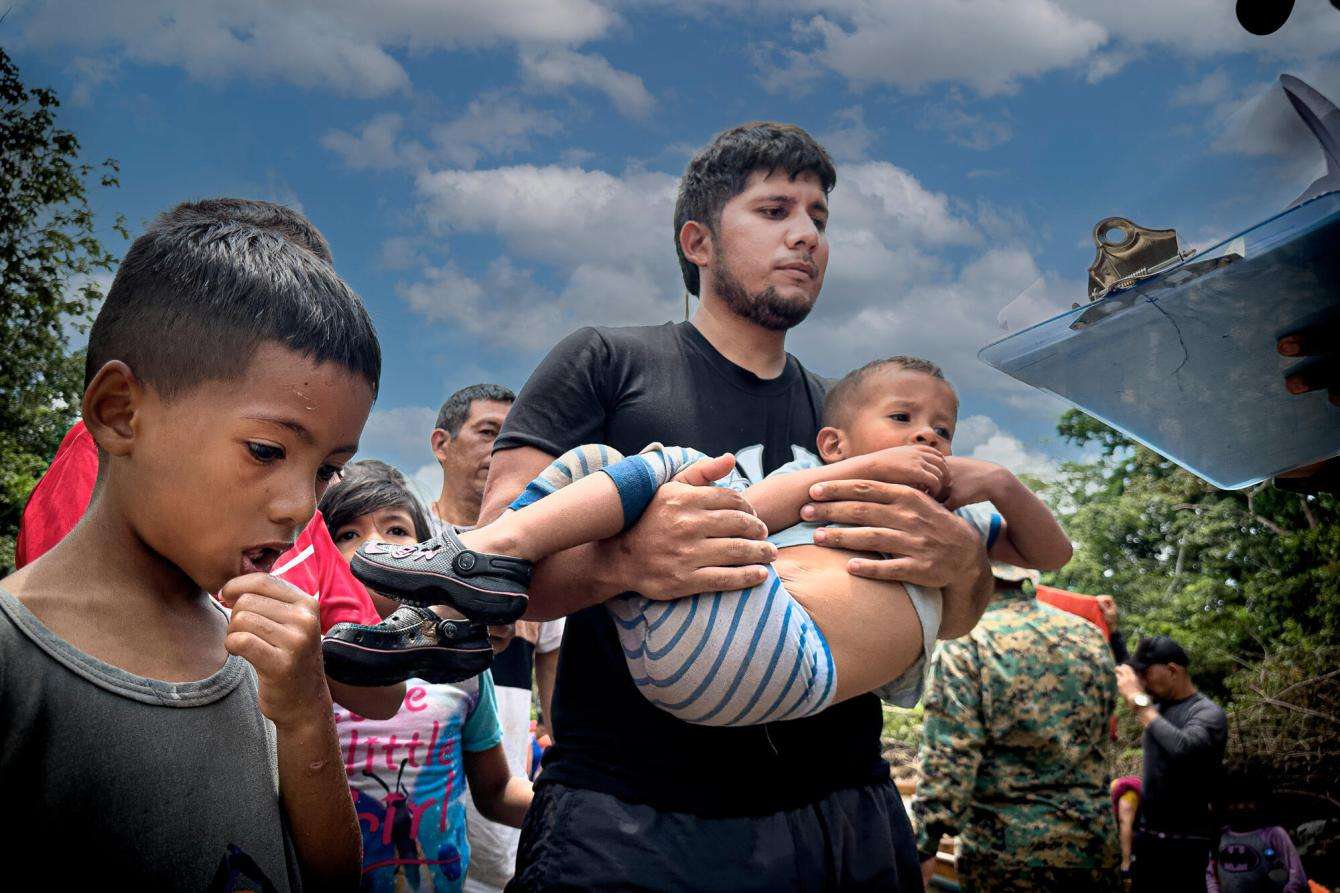
Health threats of migration
Despite the adverse conditions, people have not stopped migrating in 2023. Half a million people have crossed the Darién Gap this year—more than double the number of people who crossed in the whole of 2022. In Mexico, as of October, the National Migration Institute registered 588,626 people in an irregular situation, amounting to a 33 percent increase compared to all of 2022. The Mexican Commission for Refugee Support has received the highest number of asylum applications in a decade, at almost 137,000 as of November.
Lack of access to health care
The most common health problems our teams deal with are related to the terrible conditions that migrants face as they travel. These include respiratory infections from sleeping outdoors in changing climates, gastrointestinal diseases from drinking unsafe water and not having access to adequate sanitation, as well as open wounds and muscle bruises from long days of walking and acts of violence. The lack of access to medical care along the route worsens these health issues.
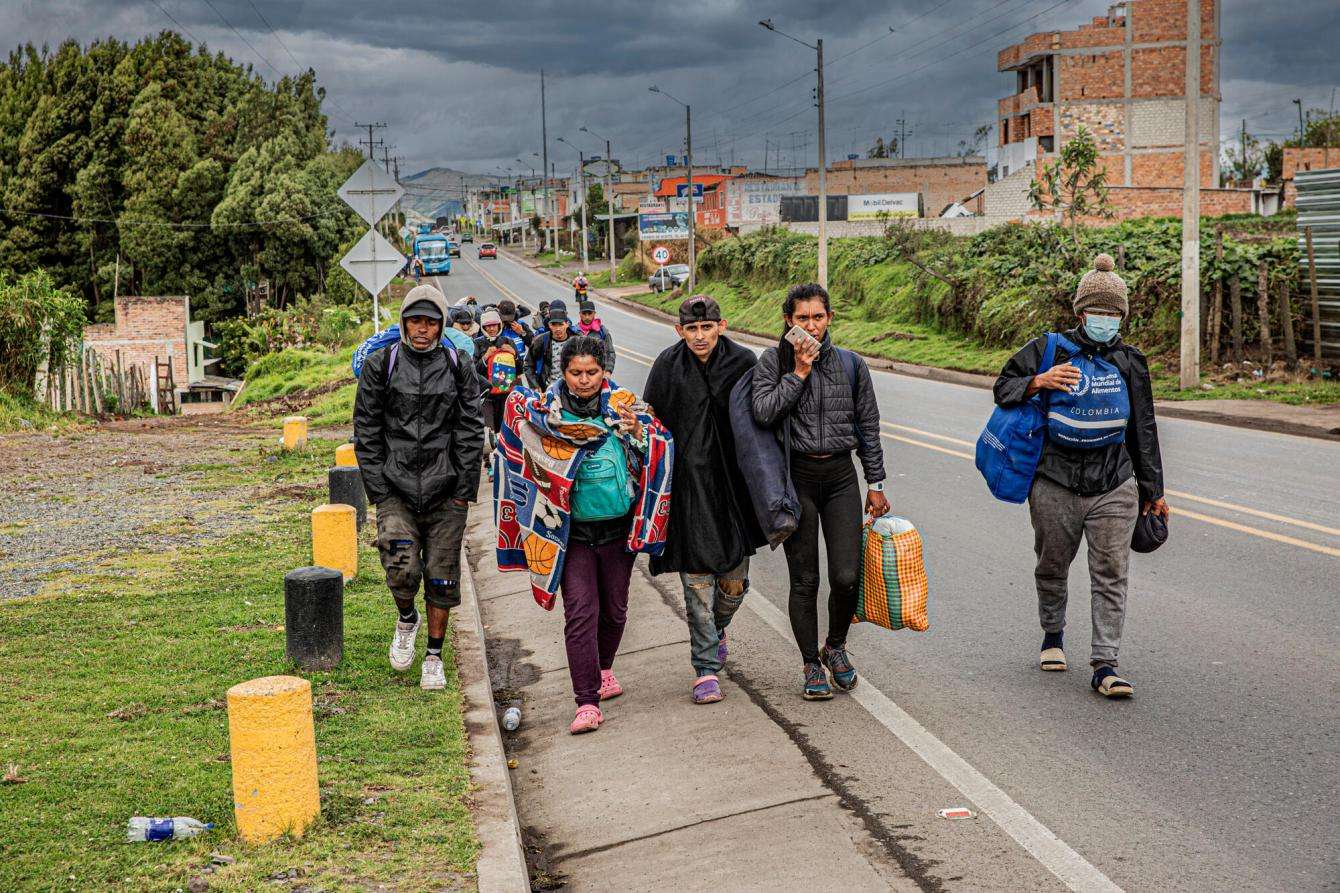
Mental health
Exposure to violence often leads to emotional pain. Being a victim of or witnessing a violent event, as well as separation and loss, are listed as the main precipitating factors in nearly 70 percent of consultations conducted by our mental health teams.
Likewise, one of the three main diagnoses is acute stress related to recent events. "People suffer violence in their countries of origin, during their journeys, and when they arrive at the border of Mexico and the United States. The multiplicity of violent actions, their persistence over time, and the lack of dignified and adequate care aggravate the negative consequences on migrants’ physical and emotional health," said Viana.
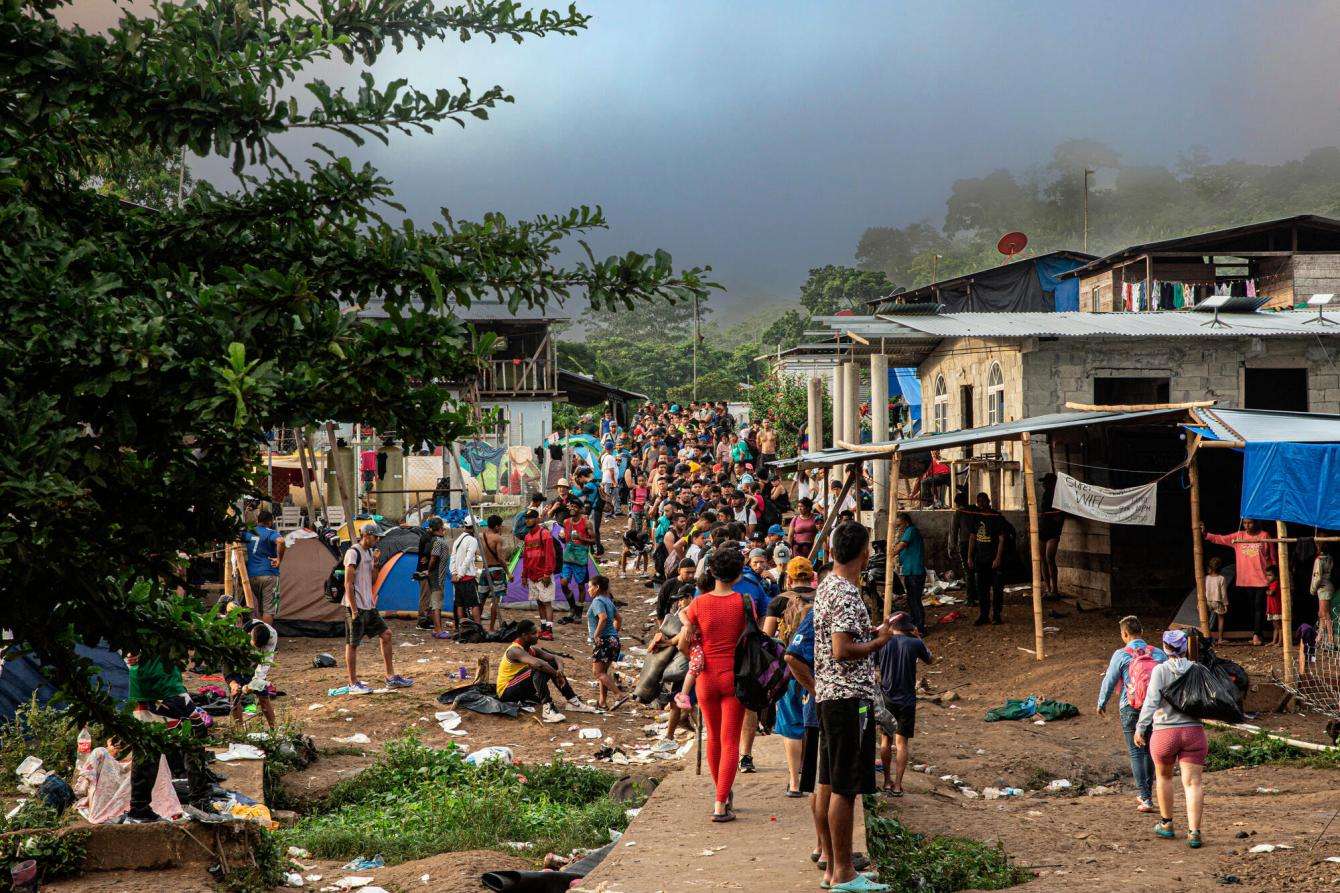
Sexual violence
Many migrants—mostly women—report facing sexual and gender-based violence along the migration route, including rape, intrusive searches, touching, and sexual exploitation, in addition to forced labor, practices similar to slavery, and exploitation of children, adolescents, and adults.
"Sexual violence in the Darién is increasingly cruel and dehumanizing," said Luis Eguiluz, MSF's head of mission in Colombia and Panama. "Patient testimonies tell of armed men kidnapping entire groups of migrants, stealing their money, and telling them it is the cost of passing through. Sexual violence, ranging from touching to rape, occurs in front of other people or in tents set up for that purpose in the middle of the jungle."
Between January and October 2023, MSF teams in Panama treated 397 survivors of sexual violence. Last month alone, there were 107 cases, demonstrating an alarming trend that is not only happening in the Darién. This year, our teams have treated 76 cases of sexual violence in Honduras, 61 in Guatemala, and 500 in Mexico.
“In our projects, we have seen that there is a lack of knowledge that sexual violence is a medical emergency that, if not treated in time, can seriously affect the life of the person who has been abused, both in physical and mental health," said Eguiluz.
Not all survivors receive timely care, however, due to the lack of appropriate medications in health centers and the stigma that surrounds this form of violence. Threats from perpetrators and forms of sexual violence that are not commonly recognized as such can make people feel afraid to seek help. Another central factor preventing people from reporting sexual violence is the fear of being revictimized or deported as a result of administrative processes.
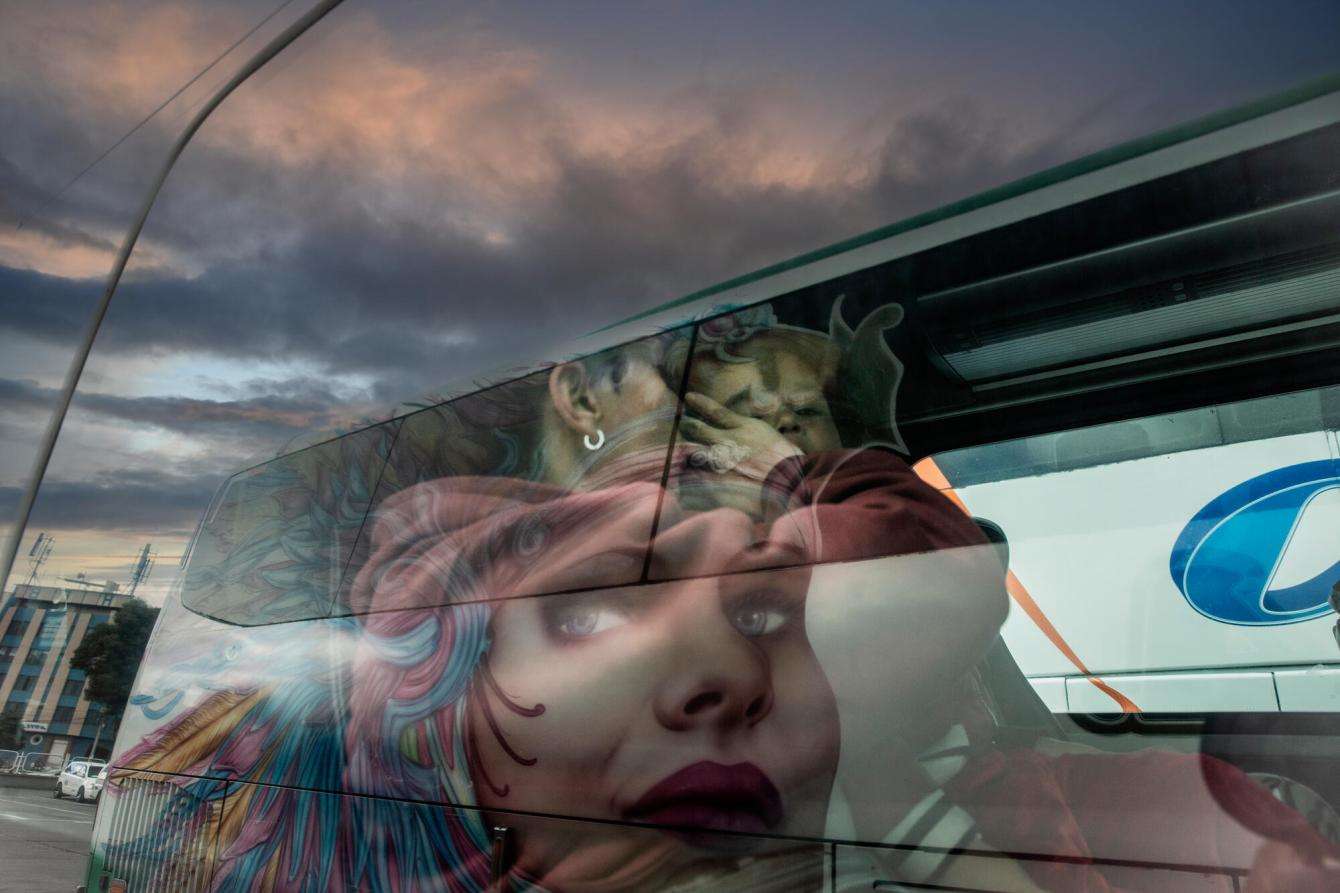
Migration is not a crime
In late October, the Mexican government convened a high-level meeting with representatives from 11 countries in the region to address the causes of the migration crisis. In a statement following the event, they announced their intention to implement comprehensive policies that respect the human right to migrate, while rejecting coercive measures and calling for more legal avenues for people seeking a future outside of their country of origin.
"Although these spaces are important to put the issue on the agenda of governments, so far we have not seen the announcements translated into concrete changes for migrants," said Velez. “The flows have decreased in recent weeks, as happens every year-end, but we continue to witness the suffering faced by people crossing the Darién; the difficult conditions in the passage through Costa Rica, Honduras, and Guatemala; the lack of shelters or care centers; as well as the critical security situation experienced by those who migrate through Mexico.”

Migrants left without protection as Darién Gap crossings reach half a million
Read moreAccording to Velez, the outlook becomes bleaker when considering that Mexico and the United States have presidential elections in 2024. It is very likely that the migration issue will become political bait on both sides of the border.
"Our teams witness the humanitarian consequences of the inaction and negligence of rulers,” he said. “We urge authorities and other organizations to redouble their efforts to provide dignified care for these people. Migrants have the right to urgent protection and humanitarian assistance. Migration is not a crime."
